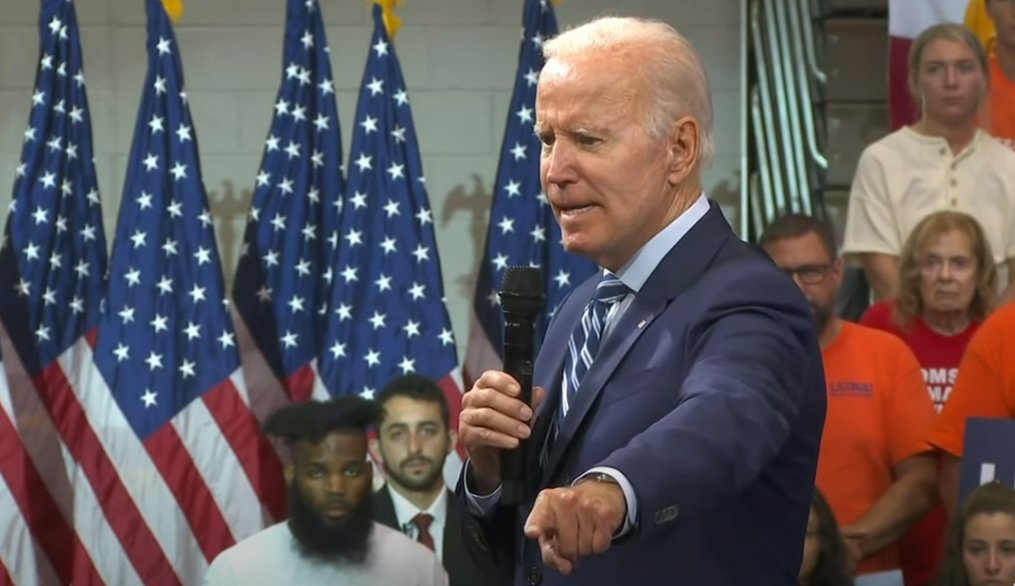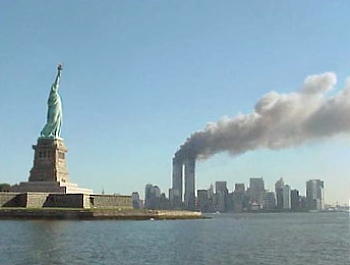Arlene from Israel
A piece of particular importance that I wrote has just gone up on Front Page Magazine. Rather than just provide the link to it, I provide here the entire article. The link follows. Please, share this very widely – if not this post, then the Front Page URL.
~~~~~~~~~~
The perpetrators in the main are male Arabs, mostly young, with Jerusalem residency cards. They have the right to live in Jerusalem, and receive the perks of citizens, but – tellingly – for political reasons have declined to become full citizens.
With increasing frequency in recent weeks, they are out on the streets of eastern Jerusalem and at key eastern Jerusalem locations, actively participating in violent and destructive behaviors. Sometimes they wrap scarves around their faces so they cannot be identified.
Some Arab “unrest” occurs from time to time in the city. Perhaps a demonstration protesting a perceived grievance suddenly turns into a riot. Molotov cocktails might be thrown, or rocks large enough to kill. Municipal infrastructure might incur some damage.
None of this is acceptable, but for the most part, these have been intermittent and localized occurrences. What is happening now is something else: a form of behavior that is more persistently violent and more pervasive.
It comes as a shock to learn, for example, that at least 30% of the cars of the Jerusalem Light Rail are out of commission because of vandalism that takes place at the Light Rail station located in Shu’afat, an Arab neighborhood. This is not a matter of delinquent kids with time on their hands. This is focused behavior intended to undermine the authority of the municipality.
This past week, on the second night of Rosh Hashana, Chanan Kupietzky, 25, and two others were walking towards the Kotel (the Western Wall) when they were accosted by some four Arabs, who began by calling, “Dirty Jews!” At a signal from yet another Arab, they approached Kupietzky and his companions and launched a physical attack. Other Arabs in the area began throwing rocks at the three, and at other Jews who were nearby, wounding one man in the chest.
“It was like an ambush,” Kupietzy said. One Arab came at him with a two-by-four that had nails protruding from it, which was used to strike him repeatedly; ultimately his hand was so badly fractured that he required surgery.
One of the locations that has been most problematic is Har Hazeitim – the Mount of Olives. This is the site of Judaism’s most ancient cemetery, with 150,000 graves. This past week, on one night alone, 40 graves were vandalized.
Nearby is Ma’aleh Hazeitim, a Jewish neighborhood that has been the site of stonings. Arabs – likely from the nearby Arab neighborhood of Ras al-Amud – target cars on the road that have Jewish drivers.
This past week, however, a new low was reached when Arab stone-throwers made a nursery school the target of an attack. As rocks pelted the outside of the nursery building, the teacher quickly brought the children into an air-raid shelter for safety and summoned the police.
These stories and many more like them have been insufficiently publicized.
Multiple observers have noticed that the attacks seem organized rather than random, and that there is never one person acting alone. There are groups operating, under instruction.
According to one very reliable individual with direct connections to the Israeli government, what we are seeing is a limited intifada. The Palestinian Authority has decided that a wide scale intifada in Judea and Samaria would not be a good idea now: they have opted for one focused exclusively on Jerusalem instead.
It makes perfect sense. In the struggle between Israel and the PA, Jerusalem is the heart of the matter.
In July 1980, the Knesset passed a bill in Basic Law that reads: “Jerusalem, complete and united, is the capital of Israel.” There is no such place as “East Jerusalem;” there is one, undivided city. Nonetheless, the Palestinian Authority continues to promote the fiction of “East Jerusalem” as a separate place that is destined to become its capital. In the end, the sovereignty of Jerusalem – as the sovereignty of any place – is directly connected to control on the ground. The PA goal is to make eastern Jerusalem so difficult for Jews to live in that they will withdraw.
Were this to happen, it would be an unmitigated disaster, particularly as the very core of Jewish tradition in the city – including the Temple Mount – is in its more ancient eastern part. It would mean relinquishing that core, with all the implications that would follow.
The overriding question now is what is being done to guarantee that this does not happen.
There are many fine police officers at work in Jerusalem, and, in fact, their numbers have been augmented recently. But there remains a persistent unease that what may be happening when the police act is more in the way of containment than enforcement of the law to the fullest extent possible. Sometimes violent groups are scattered and chased away rather than arrested. At other times arrests are made but prosecutions do not follow.
While these instances have been observed, what is not clear is whether they are just that – separate instances, or whether they are the result of orders from above, from Minister of Internal Security, Yitzhak Aharonovitch, or police officials.
It is not difficult to understand the inclination to fall back on containment, no matter how ill-advised it is in the long run: The world watches Israel as it watches no other nation. One false arrest, one injury or death of an Arab during attempts to make arrests, will result in headlines and international protests. It feels safer to go easy.
But it is exceedingly important for Jews to make their presence known in all parts of Israel’s capital; and they must be able to do so free of harassment or physical risk. Protecting its citizens is a primary responsibility of the government.
In this instance, when the government of Israel acts to protect its citizens, it is also protecting its rights as a sovereign nation and its future in the land.
http://www.frontpagemag.com/2014/arlene-kushner/the-silent-intifada/

















